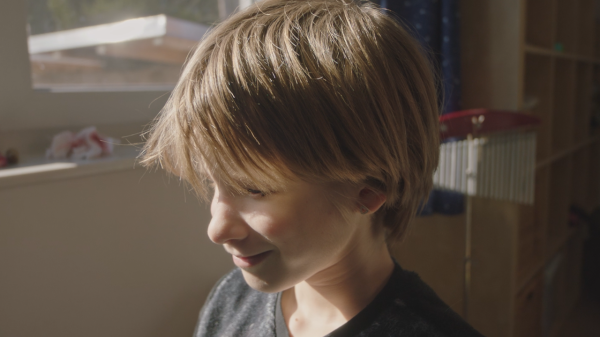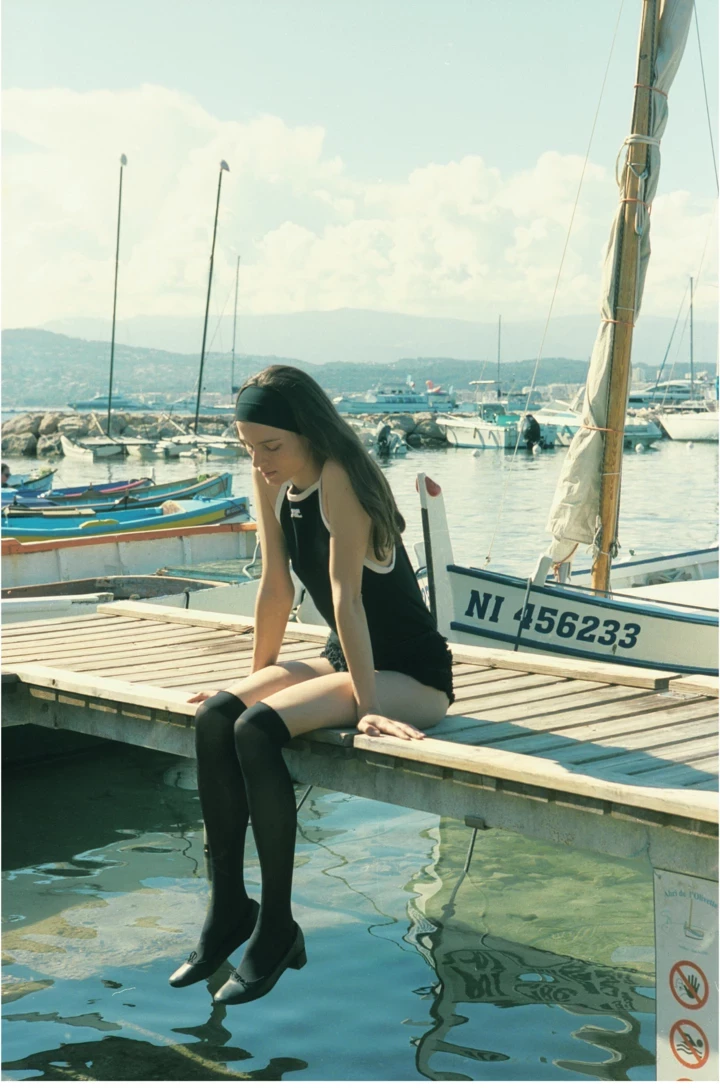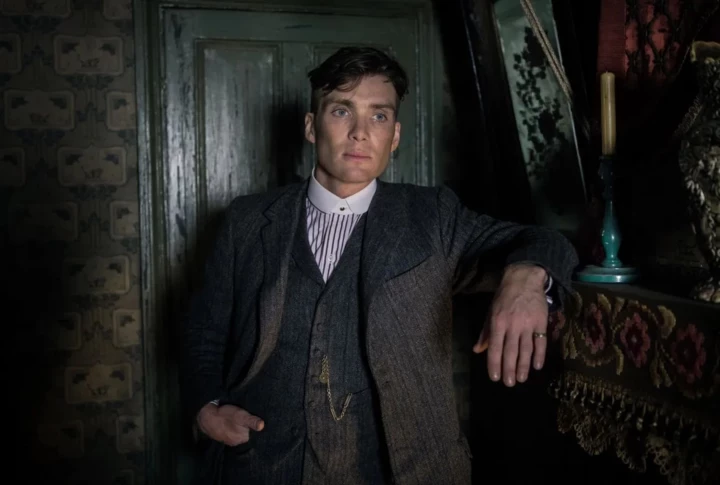
Save this storySave this storySave this storySave this story
“I think for both blind children and seeing children, imagination and fantasy are important in constructing play worlds,” Philipp Schaeffer said. “What is striking is how different these play worlds look for blind and for seeing children.”
At her desk, a young blind girl, Mia, types and reads aloud a story she is writing about her family. “A glowing sphere, large like a horse—it took in my great-grandfather, then it burst,” she says. “Ever since, something has been different with him. He no longer walked around like a normal person. He flew.”
And so begins “The Unicorn in Snowpants Suddenly Ran Off,” a short documentary by the German filmmaker Philipp Schaeffer, which follows three blind preteens as they invite us into their worlds of play and whimsy. “I think for both blind children and seeing children, imagination and fantasy are important in constructing play worlds,” Schaeffer told me over e-mail. “What is striking is how different these play worlds look for blind and for seeing children.”
Throughout the film, we witness the kids delighting in their imaginations. Mia writes stories and devises her own secret language. Julian uses his family’s phone and a digital recording device, creating a collage out of the music and voices he hears on the other line. Martha walks through a field of brush; she spins tales about unicorns and describes encoded messages communicated in birdsong. These moments of childhood wonder and joy come with assistive technologies and work-arounds: Mia types on a braille notetaker; Julian commits phone numbers to memory rather than jotting them down; Martha uses a white cane on her journey through the field.
Schaeffer, whose grandmother is blind, has a long-standing fascination with perception—he’s interested in conveying what it would be like to experience life the way that a person who is unable to see does. He spent several weeks finding the short’s three young subjects, and he filmed them in late 2020 and early 2021. He wanted to make a documentary about children on the cusp of adolescence, a formative time when kids are “at a threshold,” he told me—“that moment when increasing self-awareness and the onset of the questions of teenage life bring one to leave behind the world of play and fantasy.” Schaeffer added, “For blind children, that transformation is particularly defining, because it comes with the realization that one is fundamentally different.”
We are able to glimpse this tension, between the enjoyment of imagination and the yearning for reality, in a scene where Martha confides to her mother, Maike, that she wishes to attend a school where, she imagines, “you speak about real things, not fantasy.” The camera quickly catches her mother’s silent reaction, of worry and understanding. It’s a sobering moment, and one that speaks to the empathy and hope that underlie the film.
Mia, Julian, and Martha encounter challenges as they navigate a world that’s built for those who see. The short seems to issue an invitation to sighted viewers, to have them imagine what it would be like to confront their surroundings without sight, by framing the children in visually arresting settings—a sprawling hillside, an empty dining-room table, a chilly grassland. How might one comprehend those places by close listening and careful interpretation? This scenario—to play deeply with perception—mirrors the games of invention at the heart of the documentary. “I imagined the story so well,” Mia says, at the end of the film, as we see her with her brother, silhouetted against a darkening sky. “I could see the images in my head.”
Sourse: newyorker.com







